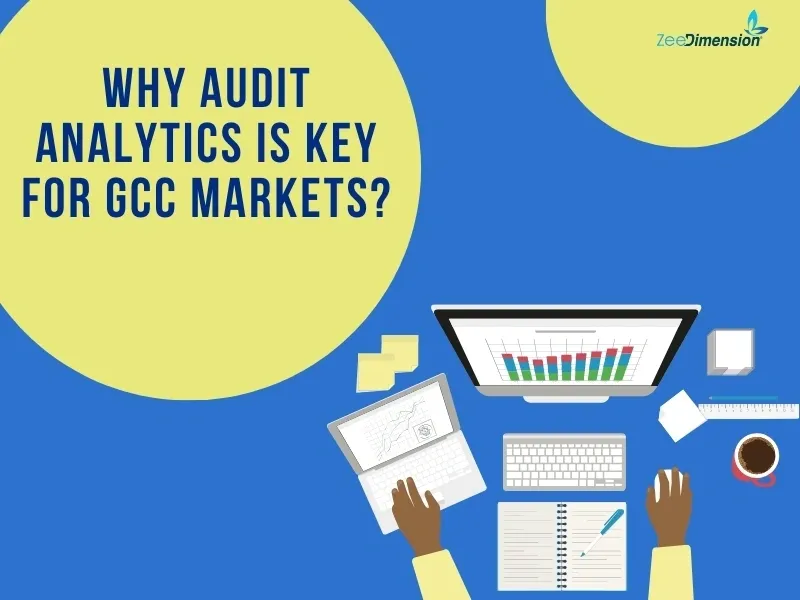
Introduction
The business landscape in the GCC is rapidly transforming with stricter regulations, digital shifts, and rising fraud risks. Traditional audits are no longer enough to handle these complexities. Leveraging analytics tools for audits can help businesses manage risks in real-time, ensure compliance, and support growth by staying proactive and responsive to these evolving challenges.
Why Audit Analytics is Crucial in the GCC
In the GCC, new regulations like IFRS, AML, and ESG require more transparency. Digital transformation, like Saudi Vision 2030, calls for tech solutions. Rising fraud risks need early detection, and investors expect better governance, making audit analytics essential.
Benefits of Audit Analytics in the GCC
Audit analytics in the GCC brings several benefits. It enables real-time risk monitoring, helping businesses quickly spot issues like duplicate invoices or unauthorized payments. By automating repetitive tasks, it boosts efficiency and saves valuable time. Data-driven insights, such as those from dashboards, help identify trends and forecast future risks. Plus, it’s scalable, able to grow alongside increasing data and complexity.
Key Use Cases
Analytics tools help spot fraud, track compliance, and ensure financial accuracy. They monitor key areas like payroll and procurement, checking in real time to stay aligned with standards like SOX and AML.
Tools that Drive Audit Analytics
ACL Analytics and Robotics automates full transaction monitoring, spotting anomalies through advanced data analysis. It also integrates smoothly with ERP systems, making workflow tracking effortless and efficient.
Best Practices for GCC Organizations
GCC organizations should invest in tools like ACL Analytics for real-time insights, train internal teams on audit platforms, focus on high-risk areas like procurement and payroll, and encourage collaboration between finance, compliance, and IT teams.
Real-Life Success Stories
A GCC manufacturing firm tackled procurement fraud by using ACL Analytics to find duplicate invoices, saving money. A UAE financial institution boosted AML compliance with real-time monitoring, reducing breaches and enhancing trust.”
The Future of Audit Analytics in the GCC
Audit analytics in the GCC is evolving with AI tools that improve risk detection and help predicting challenges. This will support businesses in boosting governance, transparency, as well as resilience.
Call to Action
Is your organization ready for audit analytics? Share your thoughts in the comments, join our discussion on how these solutions can improve compliance across the GCC.







